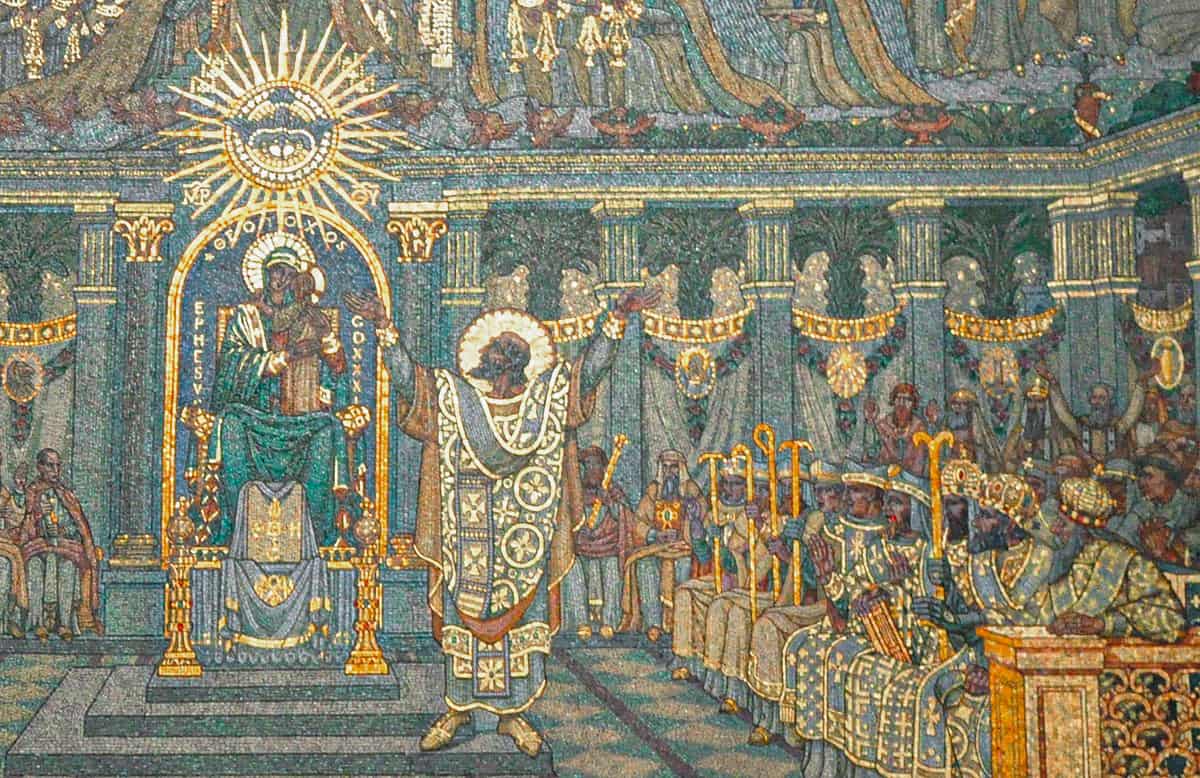This Saturday, August 5, the Armenian Church commemorates the 200 Holy Fathers of the Council of Ephesus (431 AD). Ephesus, the third general ecumenical council, was convened by order of Emperor Theodosius II to settle the Nestorian heresy. A large number of high-ranking church leaders attended, headed by Patriarch Cyril of Alexandria. The main decision of the Council was the condemnation of Nestorius. The Council excommunicated Nestorius and condemned the heresy, confirmed the Nicene Creed, and approved the title of Theotokos (God-bearer) for the Virgin Mary.
The Armenian Church accepted the canons and decisions of the council and designated a day in the liturgical calendar on the Saturday of the Paregentan of the Assumption. The Armenian Church recognizes three ecumenical councils: Nicaea (325), Constantinople (381), and Ephesus (431), with special days in the liturgical calendar for all three.
Ephesus is an ancient Greek city that later became the chief city of the Roman province of Asia at the crossroads of the coastal route between Smyrna and Cyzicus. The Temple of Ardemis in the city was one of the great wonders of the ancient world. St. Paul took Christianity to Ephesus (Acts 18:18-19). He stayed there for two years during his third missionary journey.
Ephesus is one of the seven churches of Asia mentioned in the Book of Revelation. In chapter 2, Jesus praises the people of Ephesus for their perseverance and hard work, however admonishes them for forgetting their first love; their Christianity had become a faithful ritual rather than a relationship of love to the Lord.
Ephesus, now located within Turkey in the province of Izmir, is a popular international tourist destination.

